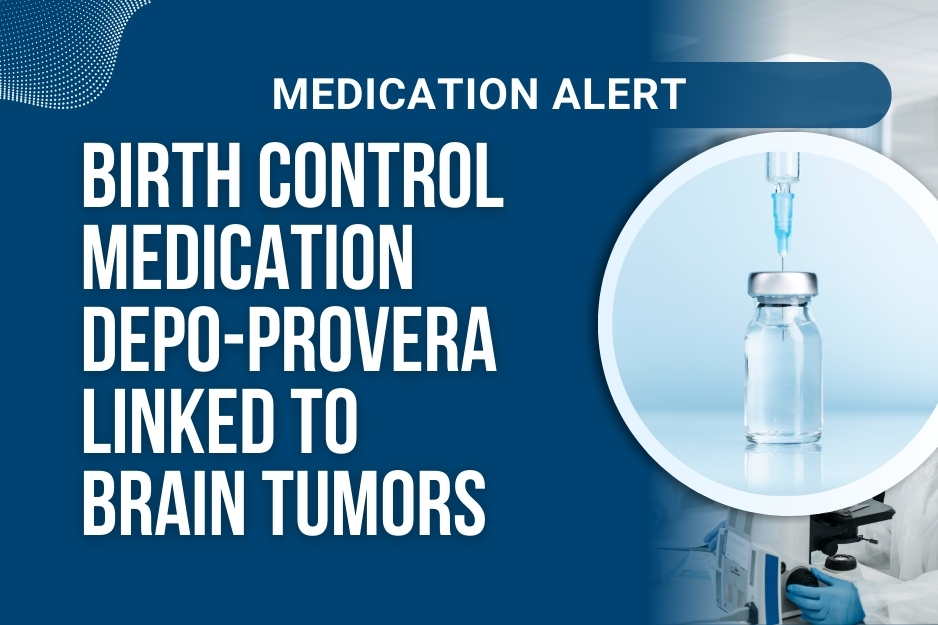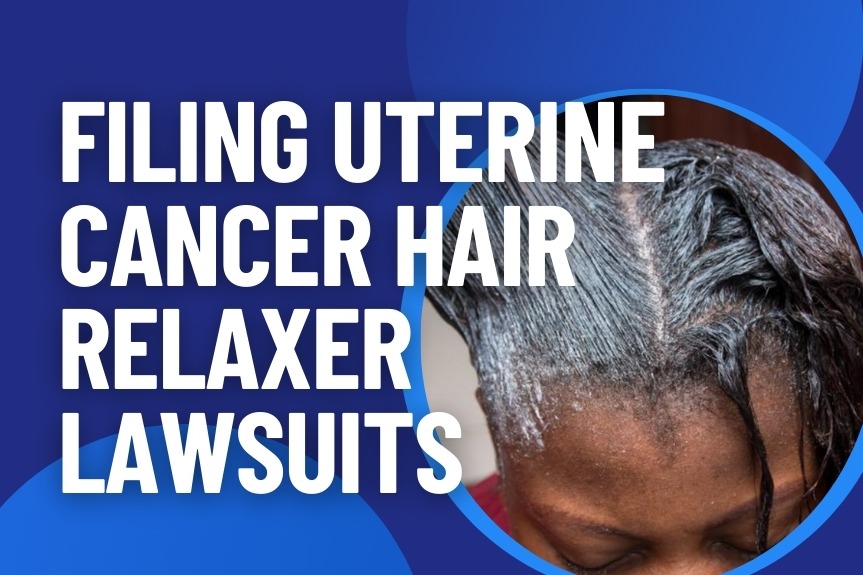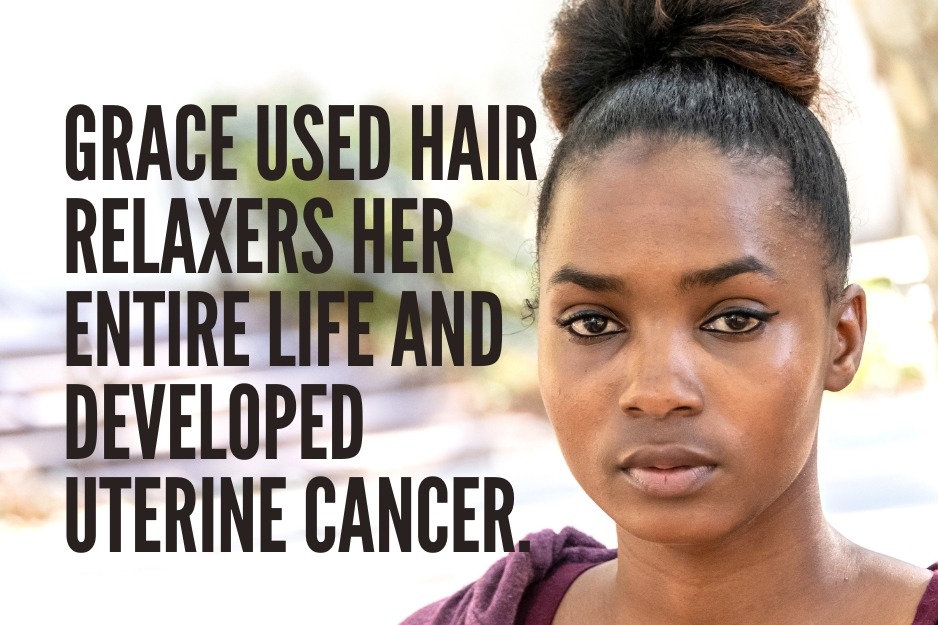
Hair Relaxer Litigation: What You Need to Know
The national hair relaxer litigation is making waves across the country, shining a spotlight on the potential health risks associated with over-the-counter hair straightening products. As more women come forward with cancer diagnoses, lawsuits are mounting against major manufacturers. If you or a loved one has used over-the-counter chemical hair relaxers and been diagnosed with...
CONTINUE READING
Hair Relaxer Lawsuit Bellwether Trial Process
Over the past two years, women have been filing hair relaxer lawsuits against manufacturers of chemical hair straightener products. They used hair relaxers and developed uterine, endometrial, or ovarian cancer. They are suing the companies that made these dangerous products linked to their cancer diagnosis. To date, over 10,000 lawsuits for hair relaxers are currently...
CONTINUE READING
FDA Announces Voluntary Clonazepam Recall
The Benzodiazepine, a Generic Form of Klonopin, Had a “Life-Threatening” Labeling Error A vital safety alert was issued for Clonazepam users. Endo, Inc., a pharmaceutical company based in Pennsylvania, has recalled its seizure medication, Clonazepam tablets. The recall is due to a mistake in labeling the product strength on the carton. Such a serious error...
CONTINUE READING
Depo Provera Lawsuit
A new study raises concerns about the potential link between Depo-Provera® contraceptive injections and meningioma brain tumors. Research suggests women who have used Depo-Provera® long-term may face an increased risk of developing this condition. Do you qualify to file a Depo Provera lawsuit? If you or someone you love has been diagnosed with a meningioma...
CONTINUE READING
Depo Provera Birth Control Linked to Brain Tumors
A recent study from the British Medical Journal highlights a significant concern regarding Depo Provera birth control injection, linking its use to an increased risk of developing intracranial meningiomas or brain tumors. The study shows that women who use the Depo contraceptive for more than a year have a 5.6 times higher risk of developing...
CONTINUE READING
New York Times Finally Covers Hair Relaxer Litigation
After 8,000 Hair Relaxer Lawsuits Filed, Mainstream Media Pay Attention to Cancer Risk Earlier this month, on June 13, 2024, New York Times Magazine contributing writer Linda Villarosa published “The Disturbing Truth About Hair Relaxers.” Her expansive 6,300-word article was the ripe fruit born from over a year of research about hair relaxer lawsuits. She...
CONTINUE READING
The Link Between Hair Relaxers and Uterine Cancer
Have you or a loved one been diagnosed with uterine cancer, endometrial cancer, or non-serious ovarian cancer? It may be related to the over-the-counter use of chemical hair relaxers. The long-term use of these products is linked to an increased risk of certain types of cancers in women. At The Yost Legal Group, we are...
CONTINUE READING
Warning About Chemical Hair Relaxers and Cancer
Occasional use of chemical hair relaxers usually is not dangerous. But regular or heavy use is often hazardous. If a woman’s hair does not absorb all of the harsh chemicals present in the relaxer, they go to her scalp, are absorbed through her skin, and then alter the hormone balance in her body. In fact,...
CONTINUE READING
Major Issues with Hair Relaxers Lead to Lawsuits
Hair relaxers often contain formaldehyde, benzene, and parabens, three known dangerous substances. These products also contain phthalates, bisphenol A, ammonium thioglycolate, guanidine carbonate, dimethyl sulfoxide, and other powerful chemicals that are not entirely safe. As such, according to the U.S. government, women who use hair relaxers have three times the risk of certain kinds of...
CONTINUE READING
Learn About the Link Between Chemical Hair Relaxers and Uterine Cancer
It was a beautiful day in June, and Grace was getting ready for work. She had been using chemical hair relaxers and straighteners for years. It was part of her beauty routine to keep her hair looking great. Little did she know that the chemicals in these products may have been putting her at risk...
CONTINUE READING